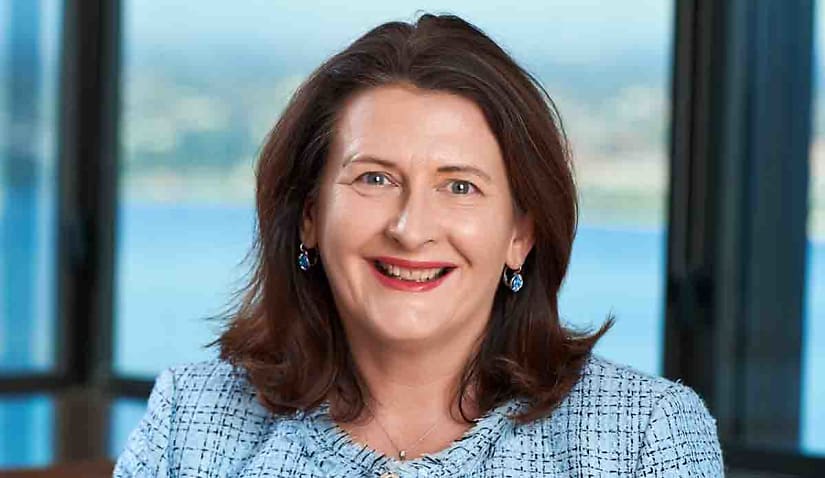Many legal practitioners are limited to practising law in only one Australian jurisdiction. Here, Nicola Watts offers insights into having practised in three of Australia’s capital cities and shares key takeaways from this experience.

Nicola Watts is the principal of O’Sullivan, a prominent family law firm in Western Australia. Speaking on a recent episode of The Boutique Lawyer Show, she shared insights on how her experiences practising law in Tasmania, Victoria, and now in Western Australia has deepened her understanding of the differences in legal practices across various Australian jurisdictions, emphasising the importance of adaptability.
“I grew up in Tasmania. I did my law degree in Tasmania. I was in Tasmania for the first four years of my career, then I had 16 years in Melbourne and then moved here [Western Australia] in 2013,” Watts commented.
Gaining experience across diverse Australian jurisdictions has equipped Watts with the ability to observe the “huge differences” in how each practises family law.
She reflected on her time in Tasmania, stating: “I suppose there were different times of my career, of course, when I was in Tasmania as a very junior lawyer, but most of my experience was they weren’t very sophisticated matters in Tasmania.
“That’s not because the people aren’t, but it was more houses and superannuation and smaller net worth groups.”
Watts outlined that during her time practising in Melbourne, she could work in various areas, which provided her with in-depth knowledge of family law.
She has observed that the wealth generated in Western Australia has affected her operations differently from those in her other two jurisdictions.
“There is extreme wealth in Western Australia, and it could be because of the firm that I’m at, or it could be just because of the level of my seniority now. But the wealth that we have in Western Australia, both through mining and then, of course, there are farms in Western Australia bigger than Tasmania.
“It’s a completely different crowd, I suppose, different clients that we’re acting for. Family law remains the same, but it’s a lot more complicated the more wealth and the pools that we’re diving up,” Watts commented.
Watts also emphasised that Western Australia is the only jurisdiction that has not referred family law powers to the Commonwealth, leading to differences in how they handle these issues.
“We’re different again in that we have our own state court that does family law in Western Australia, and we have a different act and we have different rules.
“But if I was talking to a person in Townsville or Brisbane or Adelaide or Melbourne, the family law is still the same. It’s still the same principles,” Watts stated.
In her specialised field of law, Watts has recognised the significance of adaptability within family law to remain relevant and secure work when transitioning between different Australian jurisdictions.
“Because family law, in particular, we don’t have repeat clients. We don’t have a business owner who has a contract with A and then has a contract with B.
“Sometimes, we have a person who’s had a separation and now wants to sign a prenup or go through a second divorce,” she said.
“But we rely on the word of mouth, we rely on our connections in the community, so other professionals refer us to work. So each time you start in a new place, you’ve got to build up those networks again.
“Particularly in family law, because you can’t just have one great client because the matter is going to end, and then we won’t see them again.”
The transcript of this podcast episode was slightly edited for publishing purposes. To listen to the full conversation with Nicola Watts, click below: